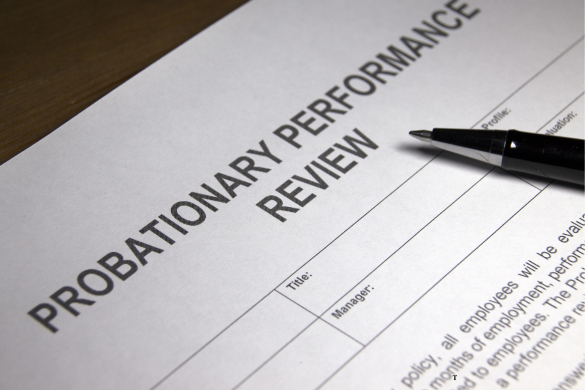When handling criminal charges, you might be trying to understand how parole, probation, and other forms of supervision differ. These legal processes can be confusing but knowing what’s at stake is crucial when your future is on the line. Reaching out to an experienced criminal defense attorney in Nashville as soon as possible can be one of the most important steps you take.
What Is Parole?
Parole gives individuals the chance to complete part of their sentence outside of prison, but it comes with strict oversight. It’s usually granted to those who have demonstrated good conduct during their time in prison. If the conditions of parole are not met, it could be revoked, leading to the individual having to serve the remainder of their sentence behind bars. Parole involves several requirements, including:
- Wearing an electronic monitor device
- Meeting with a parole officer regularly
- Avoiding any legal issues
- Maintaining steady employment
- Agreeing to possible searches of your home
Parole Revocation Hearings
Parole serves as a transition from incarceration back to the community, benefiting both the individual and public safety. Not adhering to the rules can bring serious repercussions. If a violation occurs, you are entitled to a hearing where both sides can present evidence regarding the alleged infraction. These hearings determine whether parole will be revoked.
What Is Probation?
Probation is an alternative sentencing option that allows convicted individuals to serve their time outside of jail or prison. While on probation, strict court-ordered conditions must be followed, such as avoiding criminal activity, undergoing regular drug testing, and attending appointments with a probation officer.
Violating Probation
Probation violations fall into two categories:
- Substantive Violations: Committing a new crime during probation.
- Technical Violations: Failing to meet conditions like missed meetings or failed drug tests.
Even a single violation can result in serious penalties, including stricter conditions, longer probation periods, or jail time.
What to do after a Probation Violation
If you think you’ve violated probation, addressing the issue quickly can make a difference. Here’s what to do:
- Acknowledge the Issue: Take responsibility for the situation and begin resolving it immediately.
- Document Everything: Keep detailed records of what happened to provide clarity.
- Contact an Attorney: Reach out to a criminal defense lawyer and share all the details honestly.
- Prepare for a Hearing: Work with your attorney to build a strong case for your hearing.
By taking these steps, you can potentially reduce the consequences of a probation violation.
Work with a Skilled Tennessee Criminal Defense Lawyer
At the Law Office of Amanda J. Gentry, we understand the challenges of navigating probation and parole issues in Tennessee. If you’re in Nashville or the Middle Tennessee area and need a lawyer who will fight for you, contact us for guidance tailored to your case. Let us help you protect your future.


